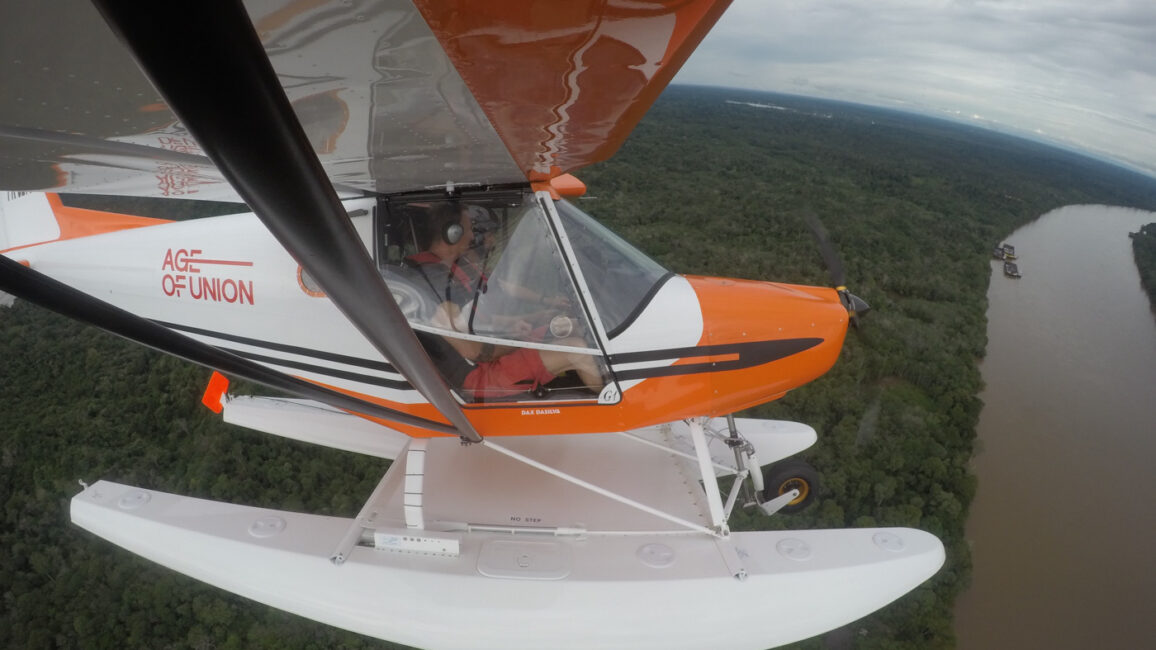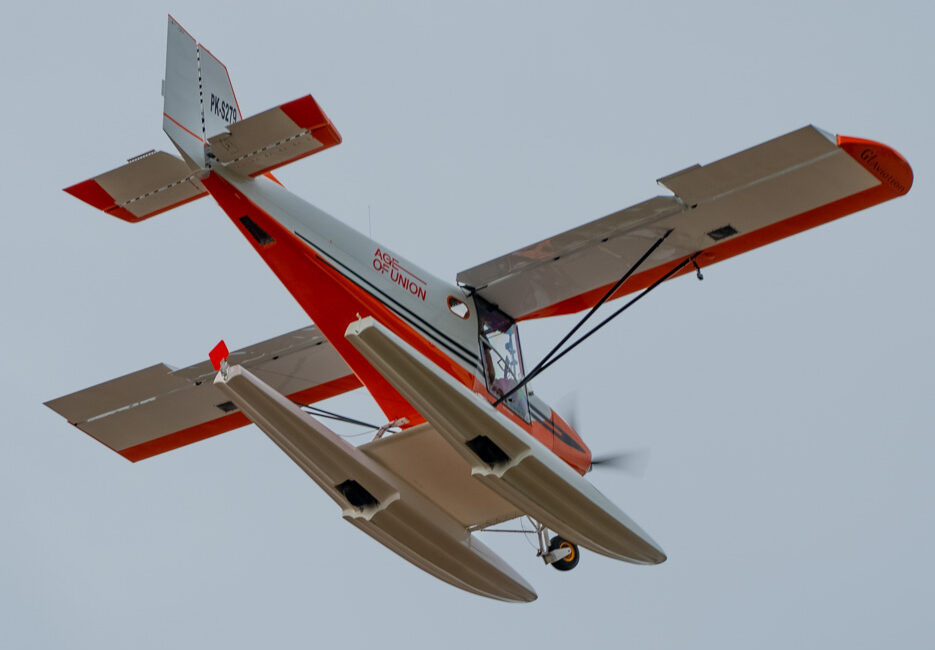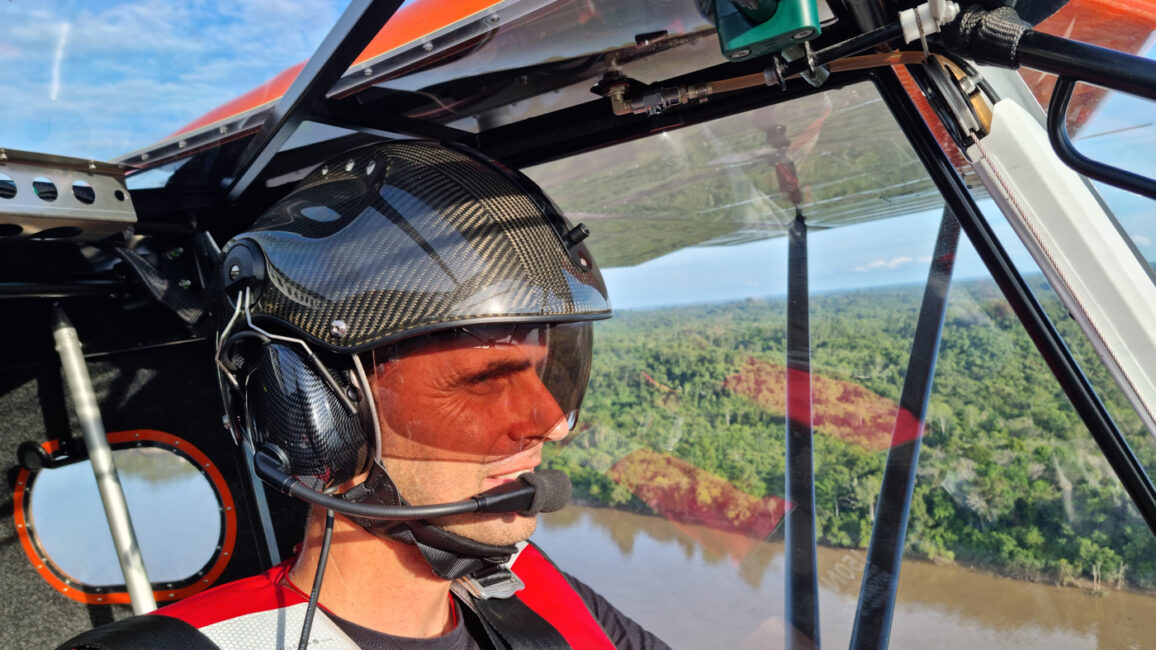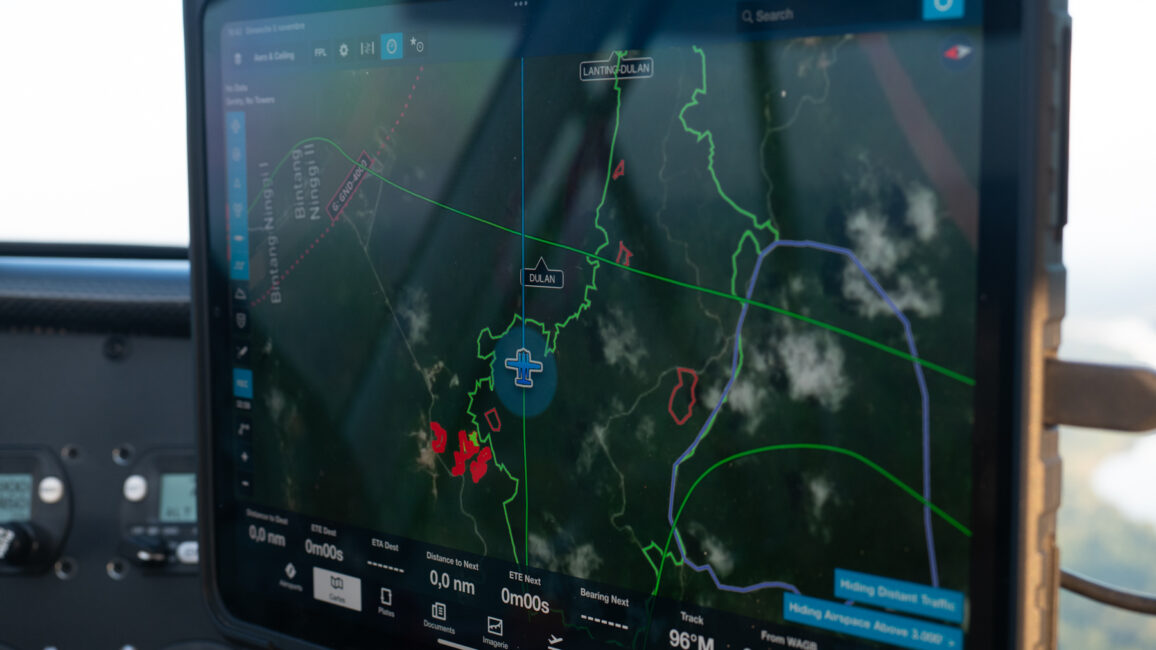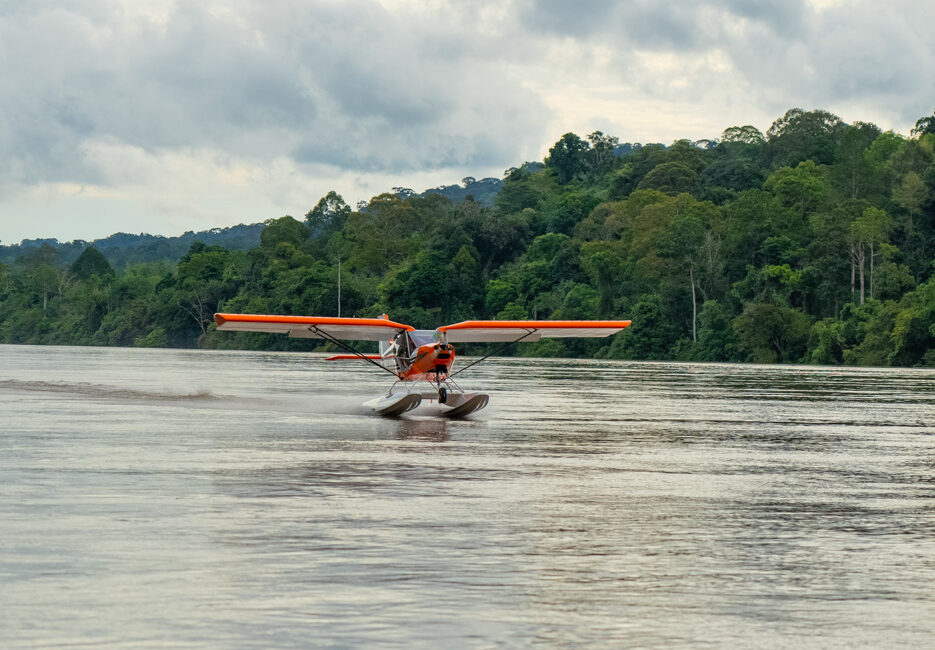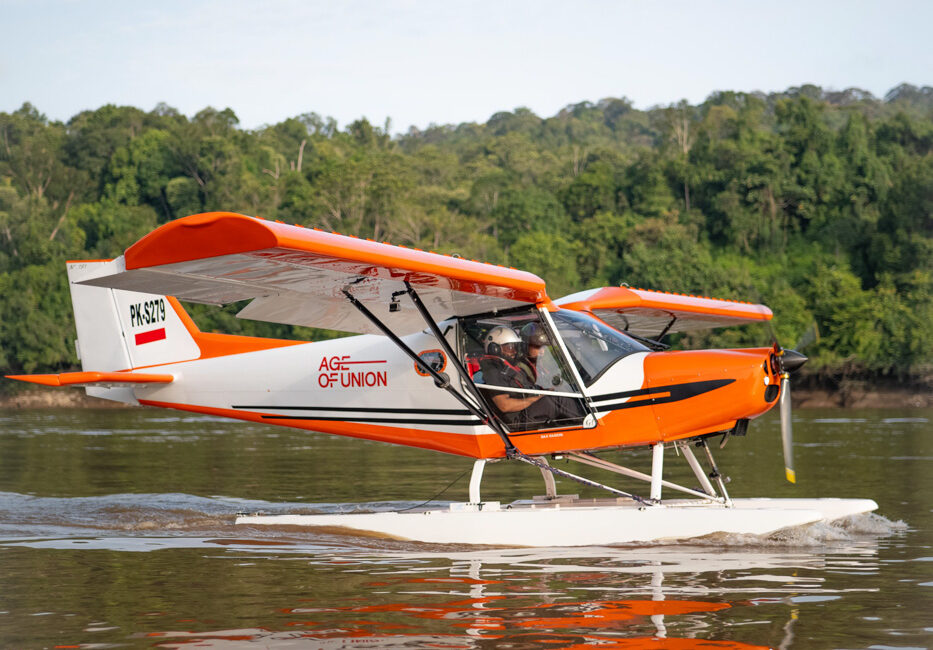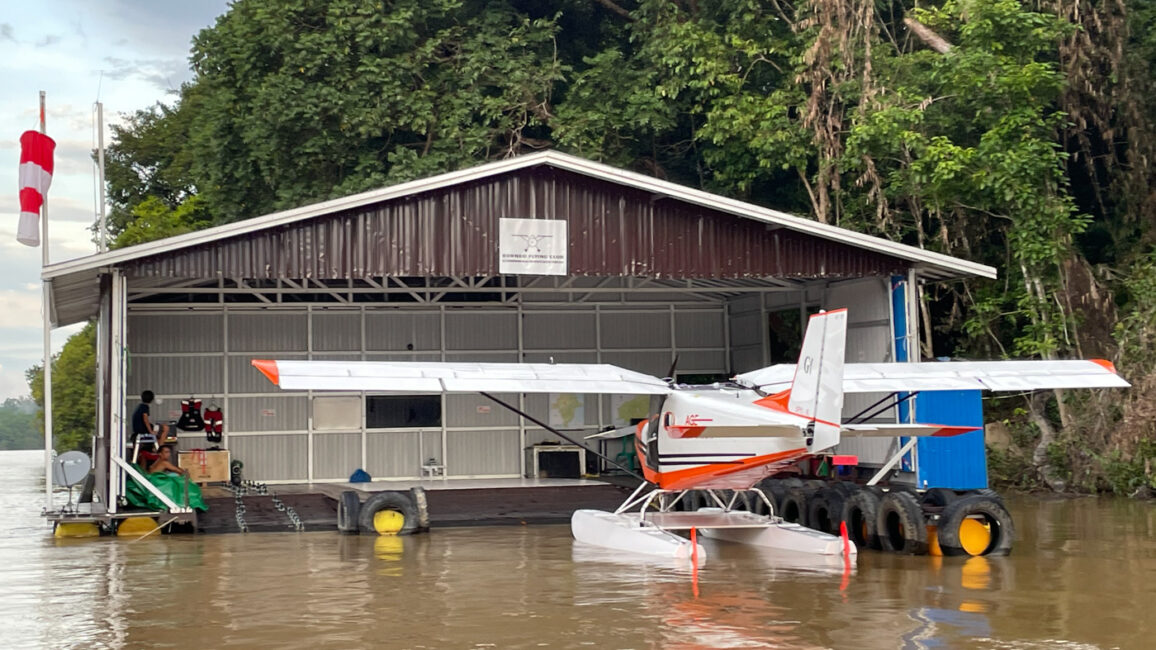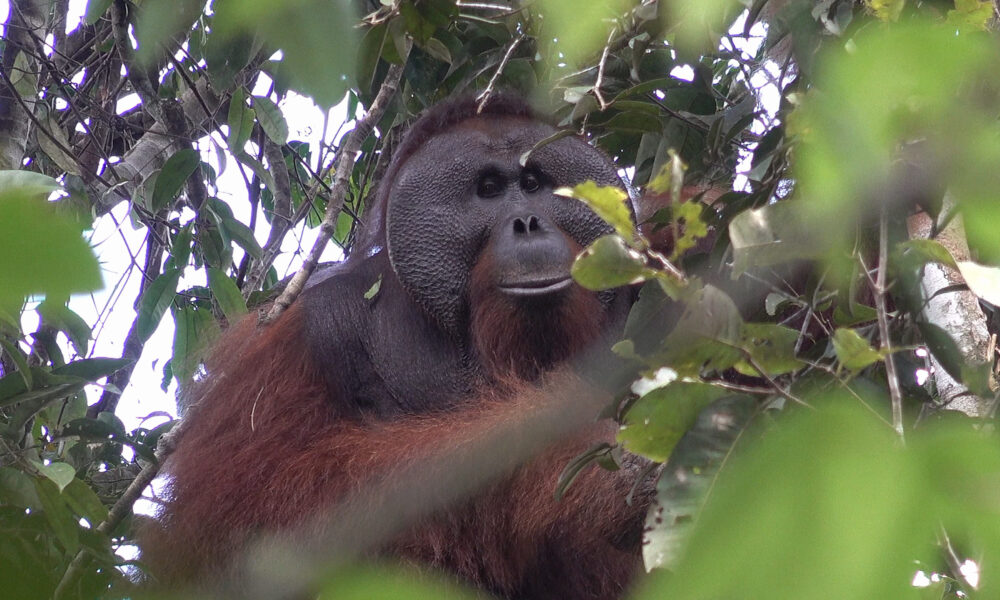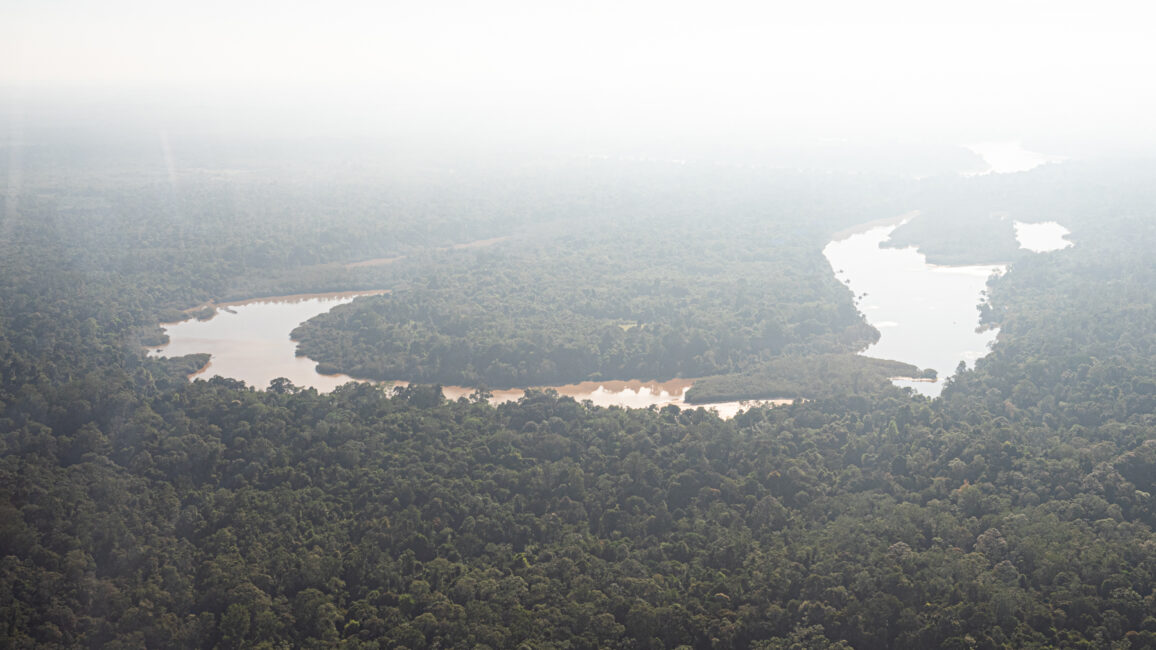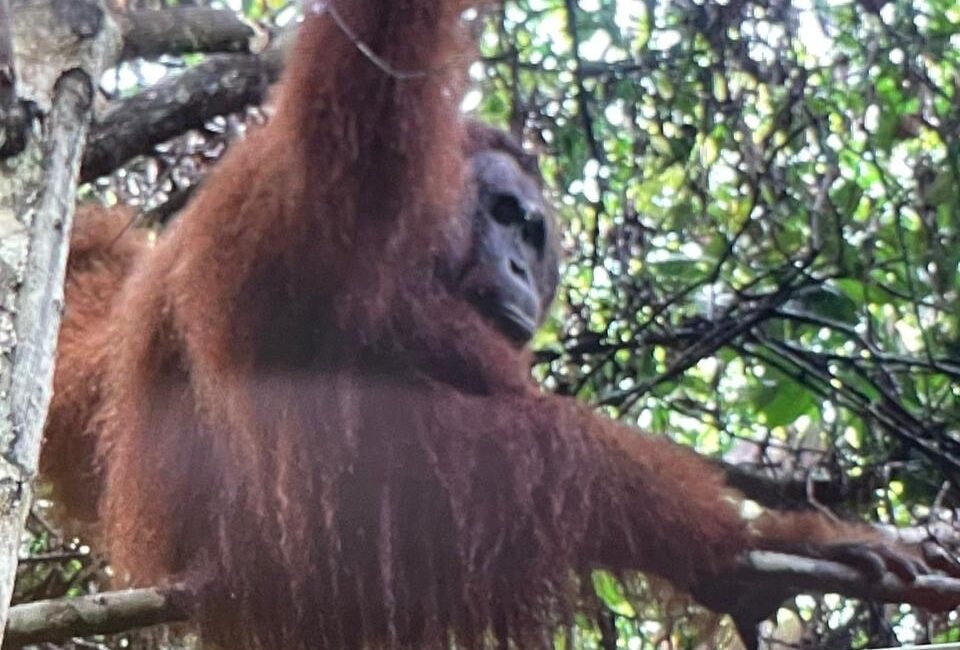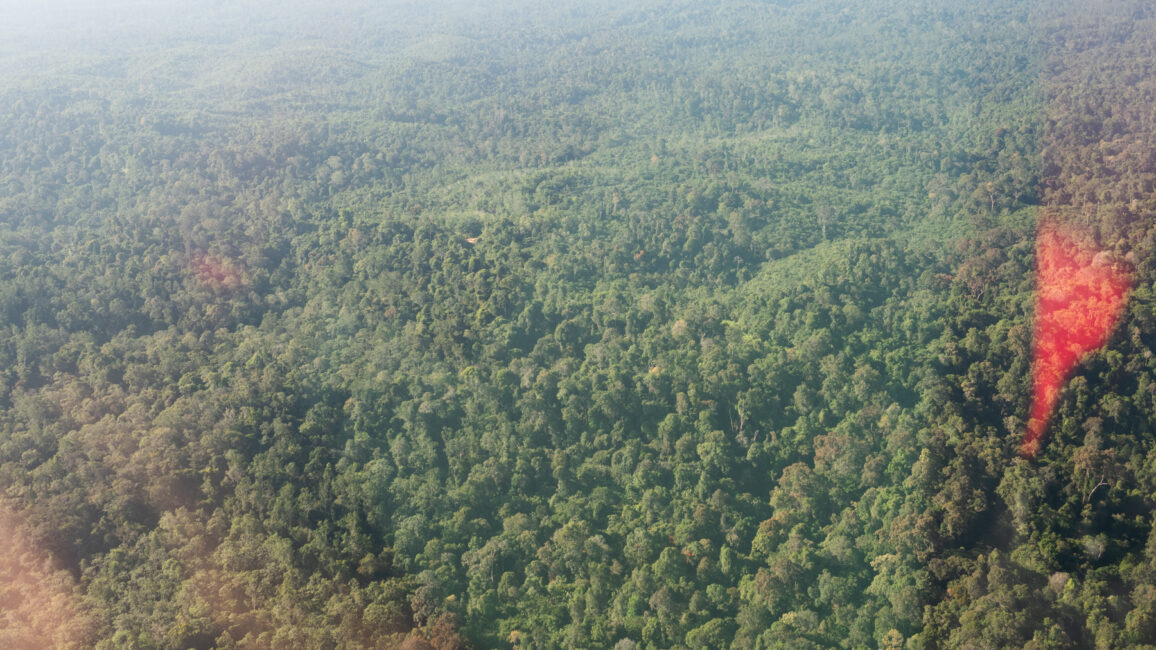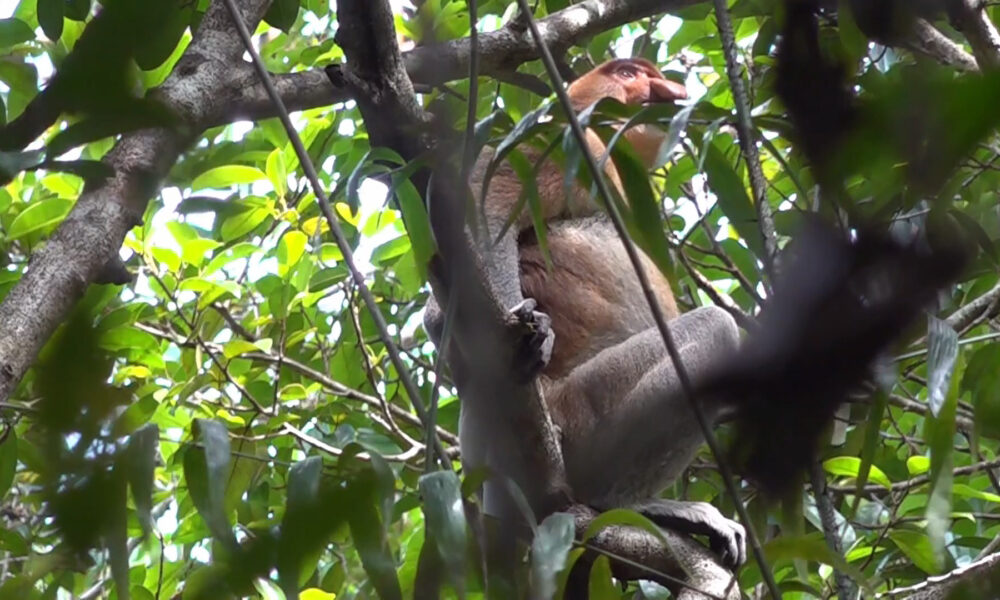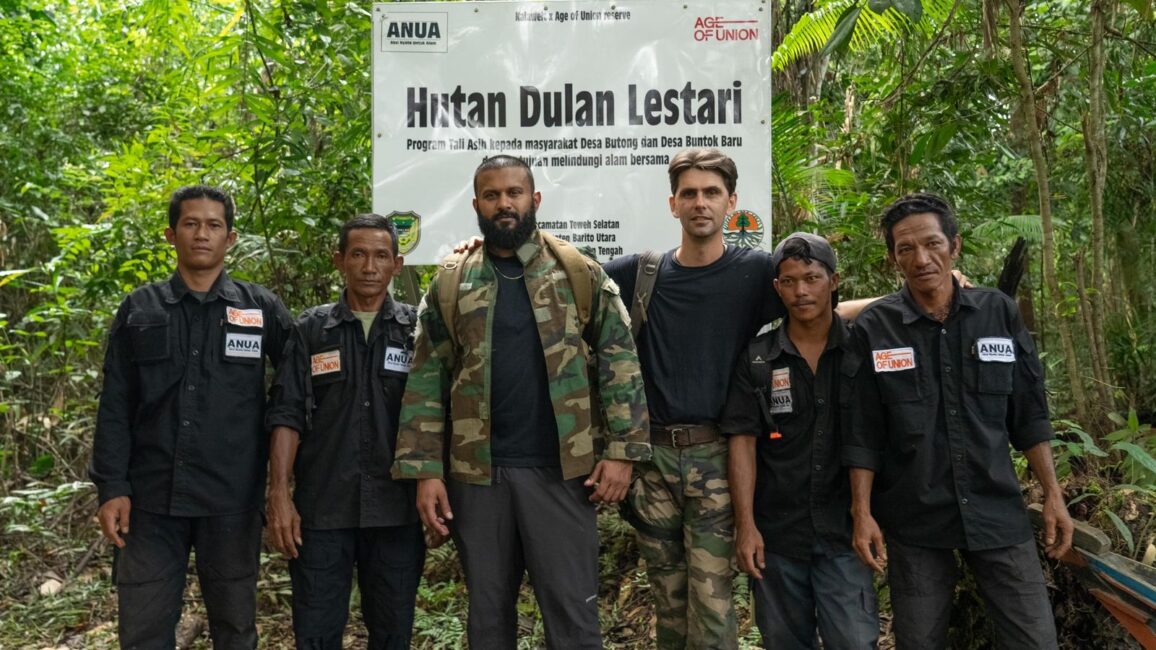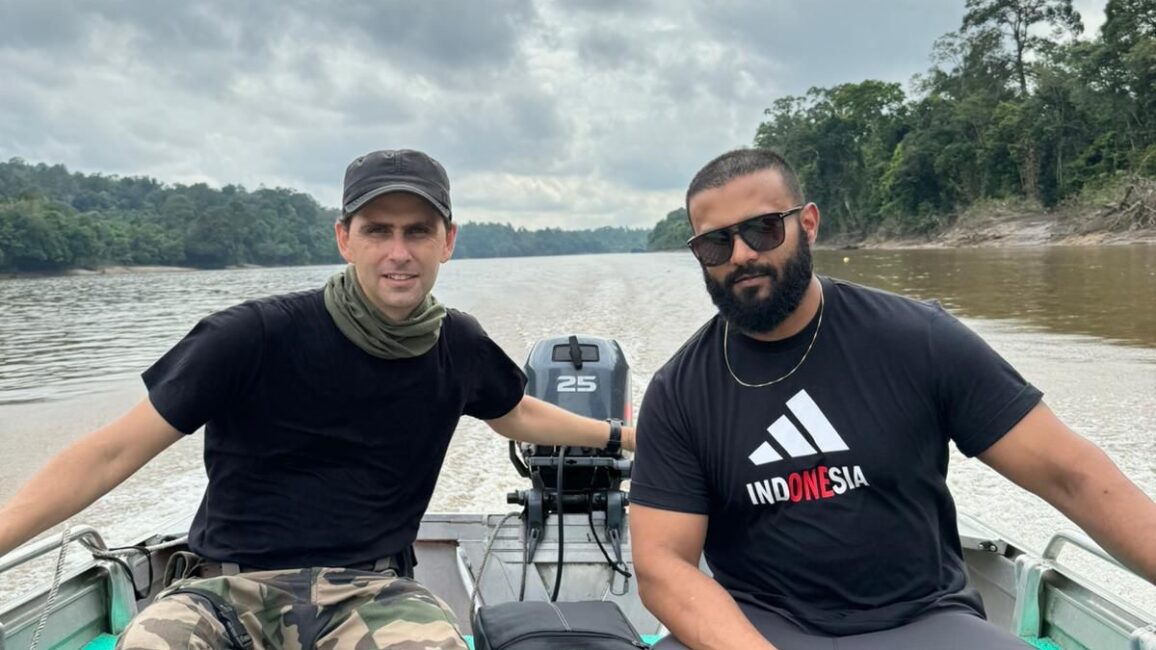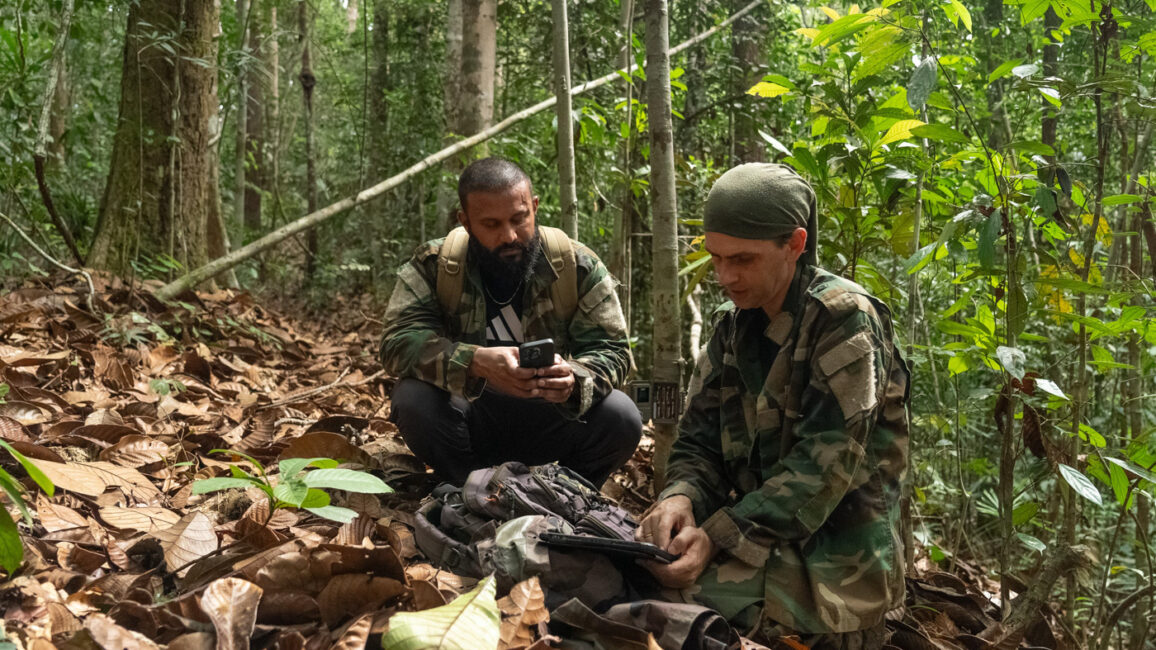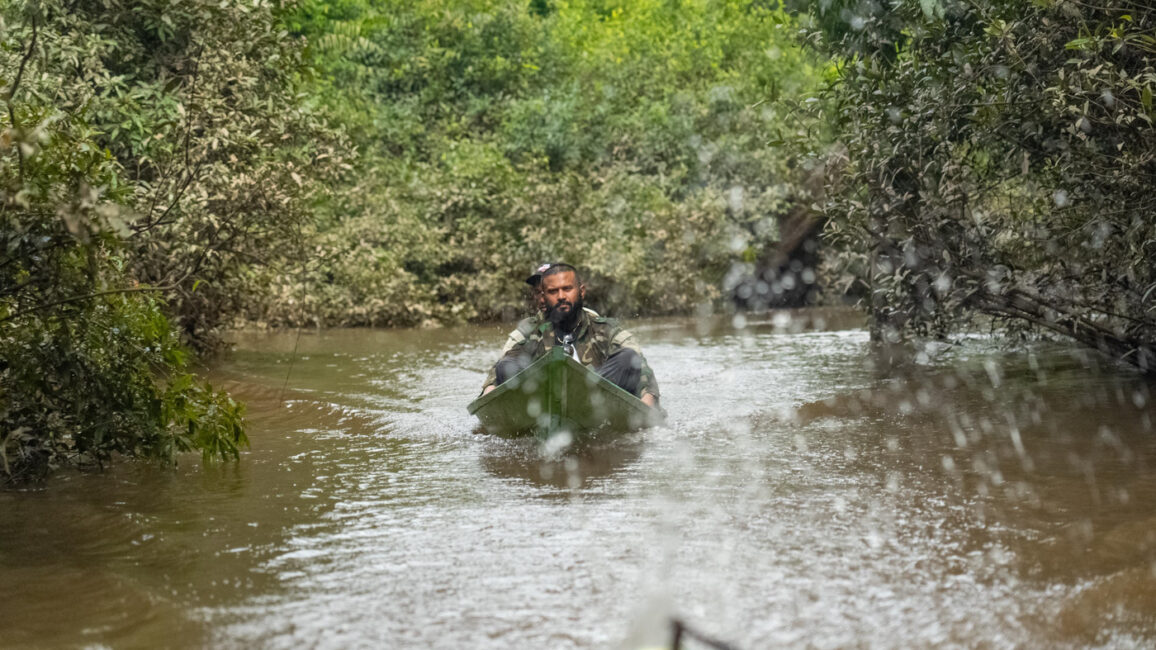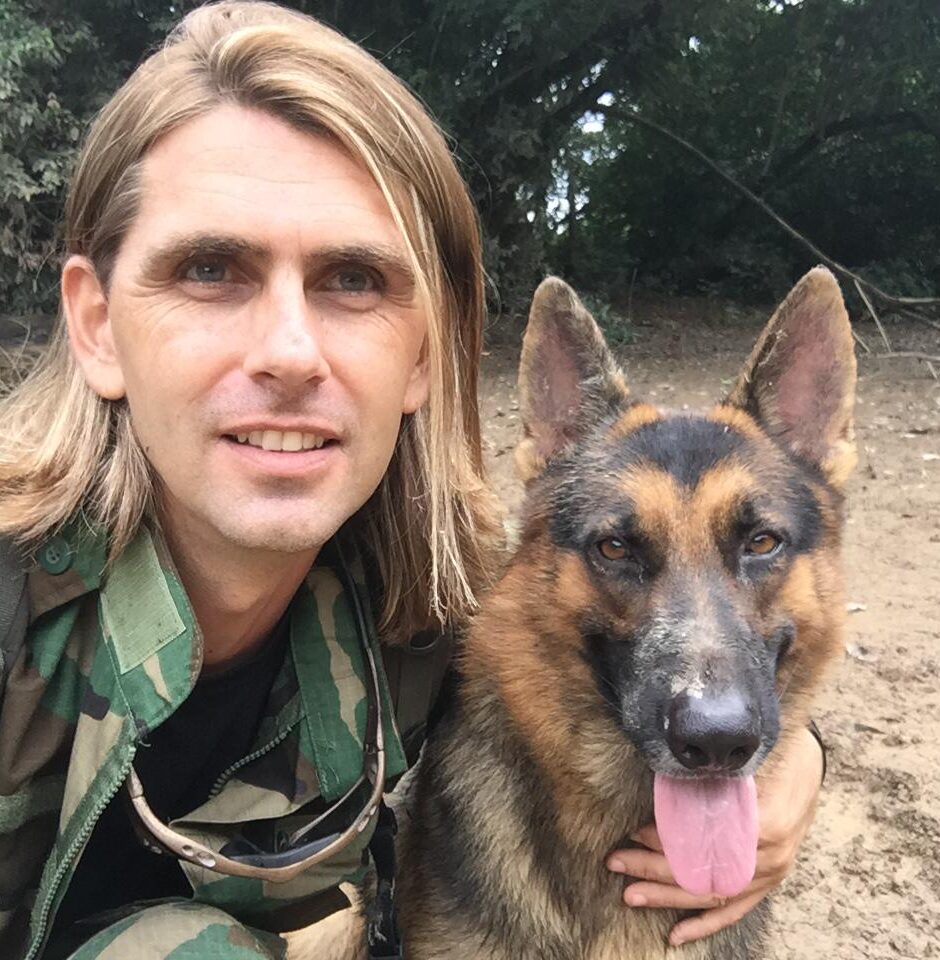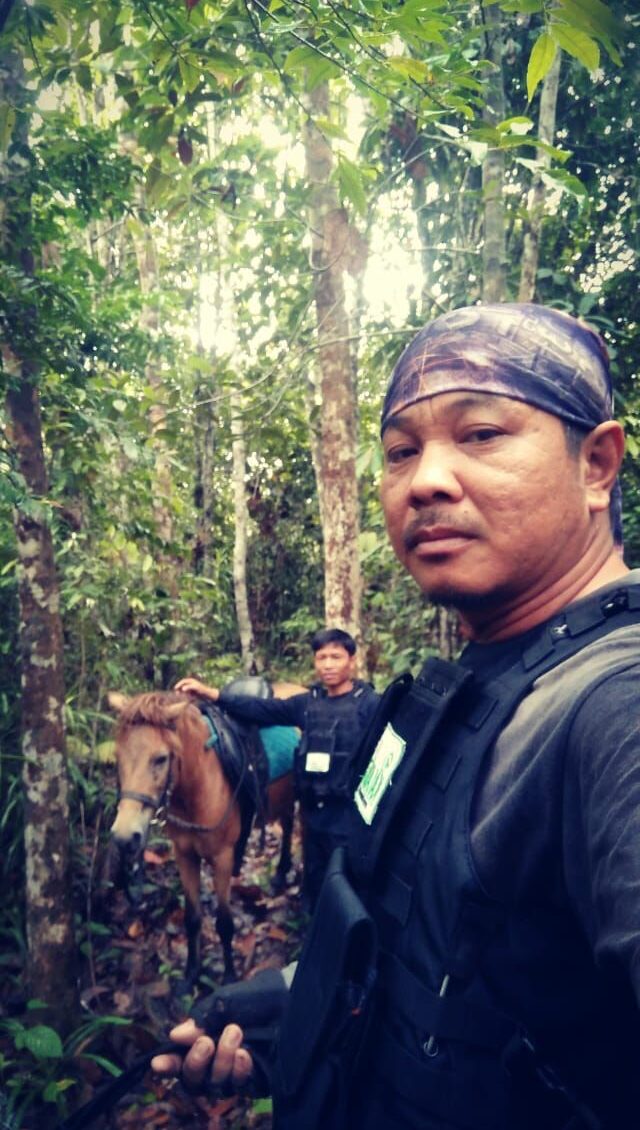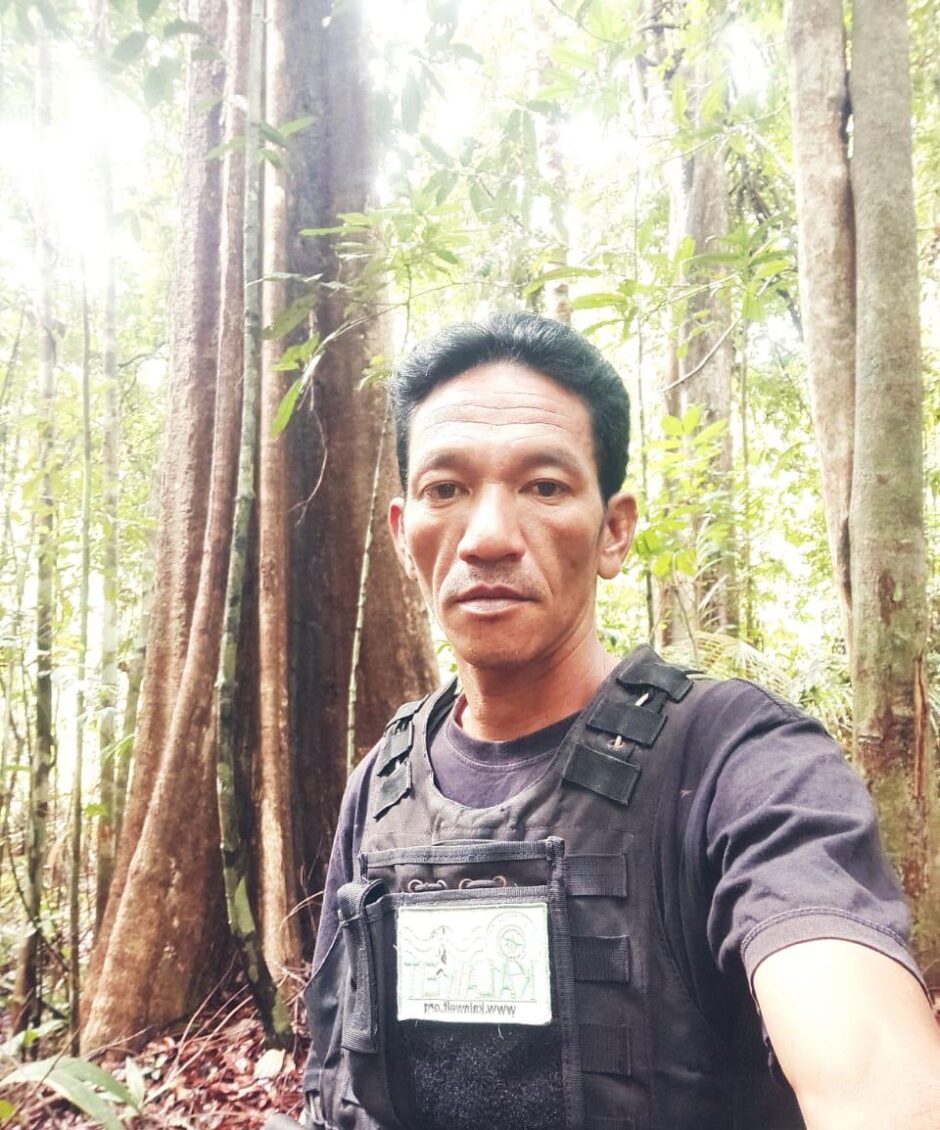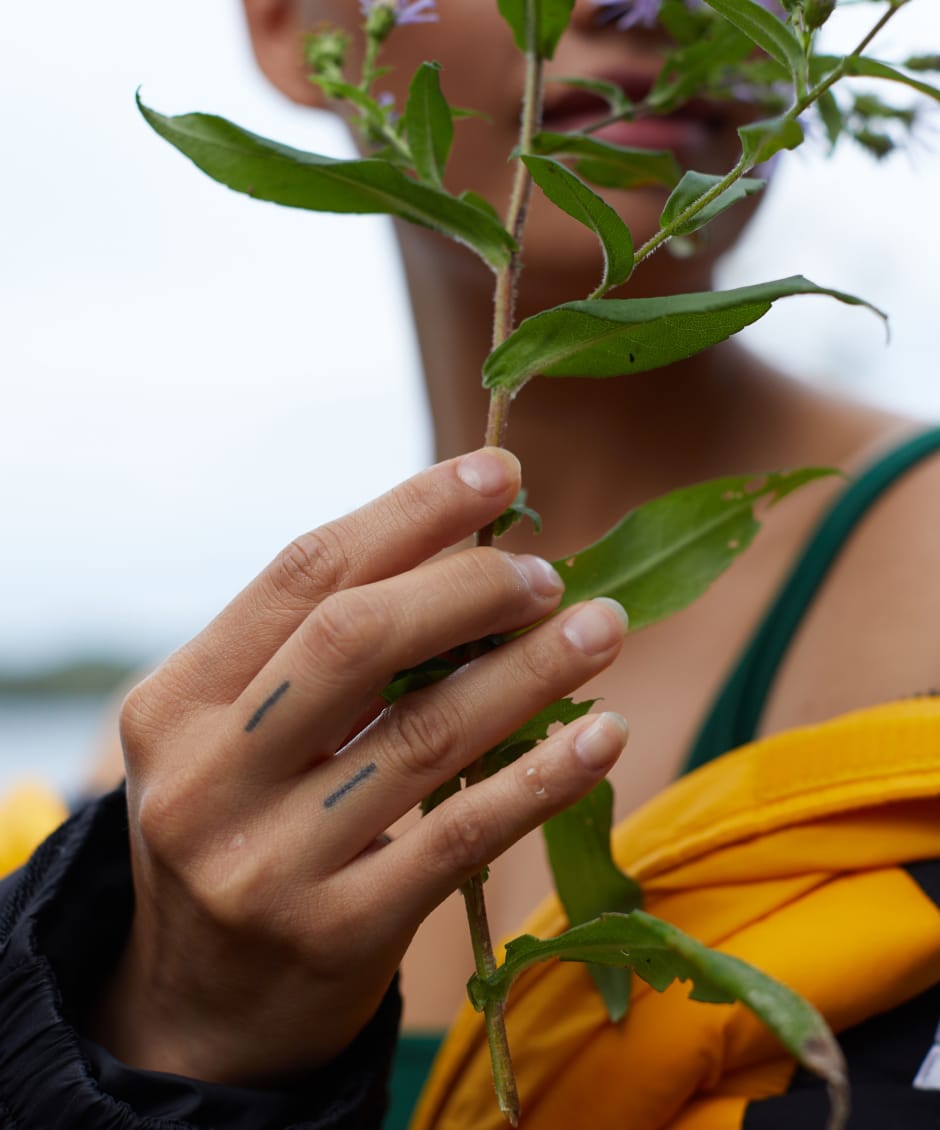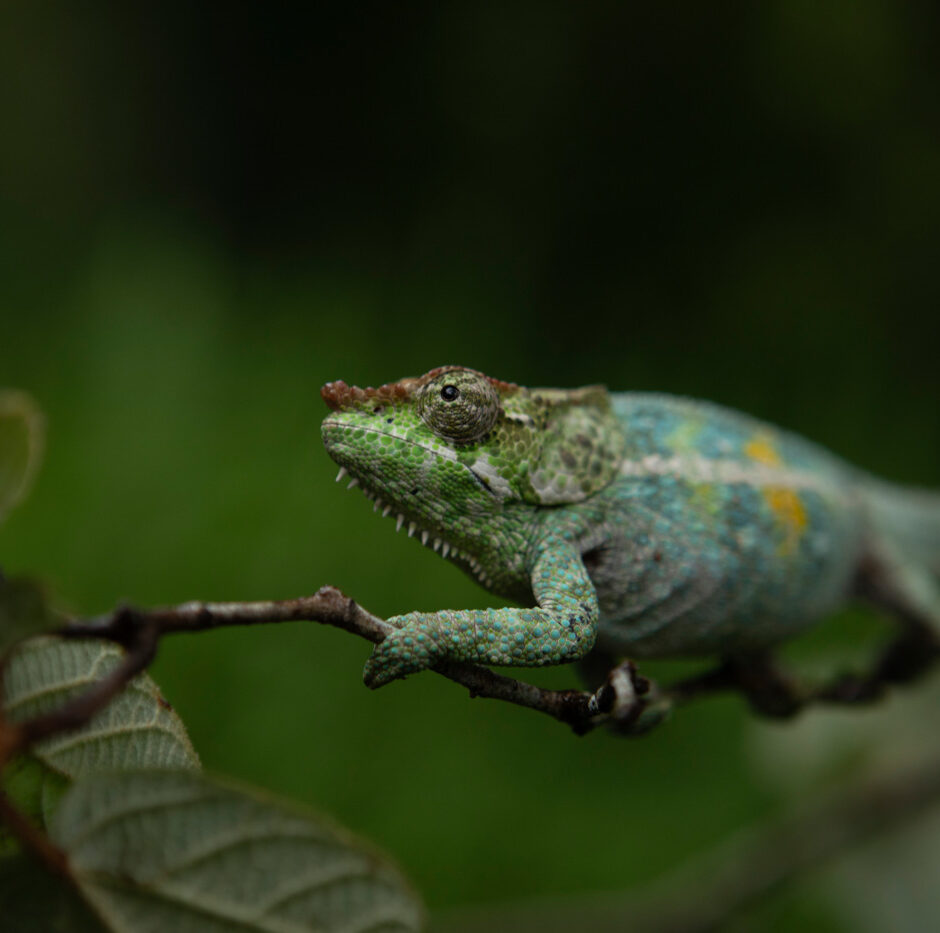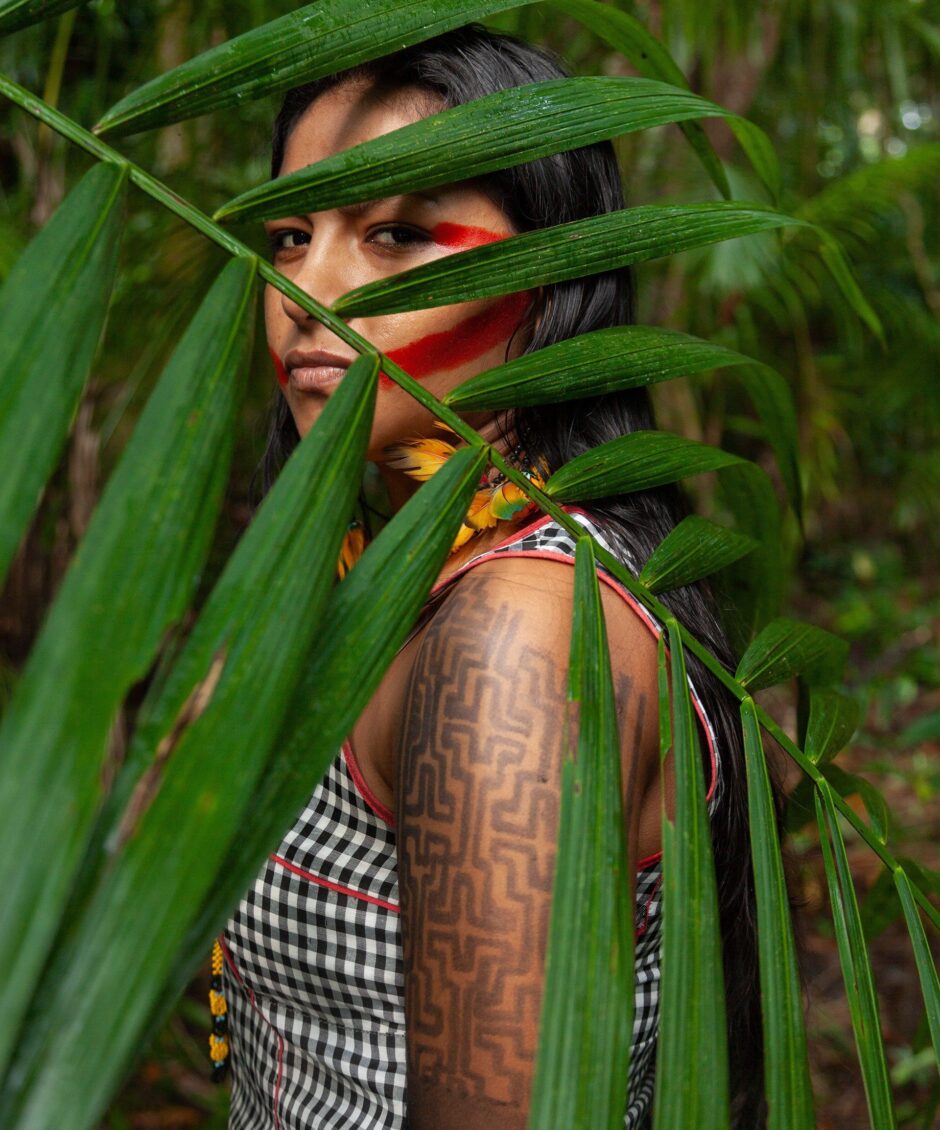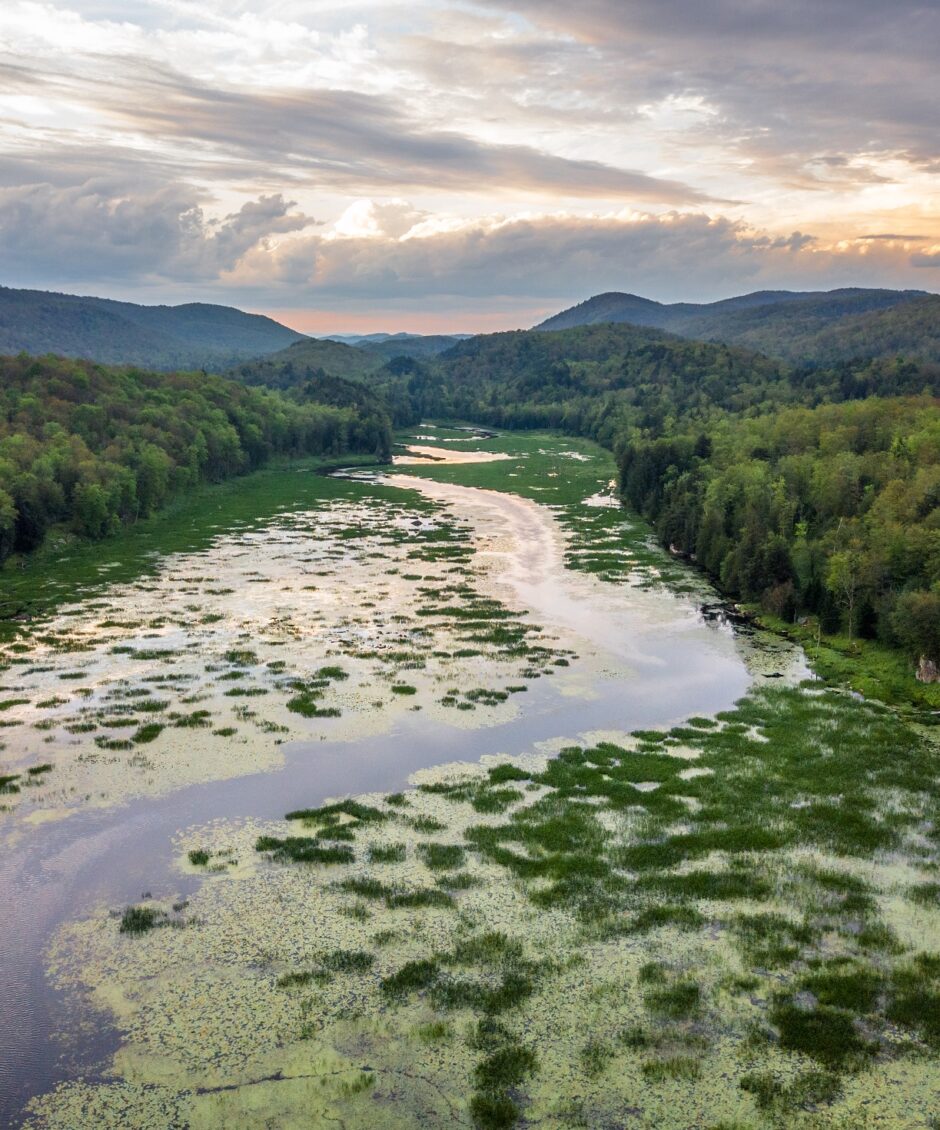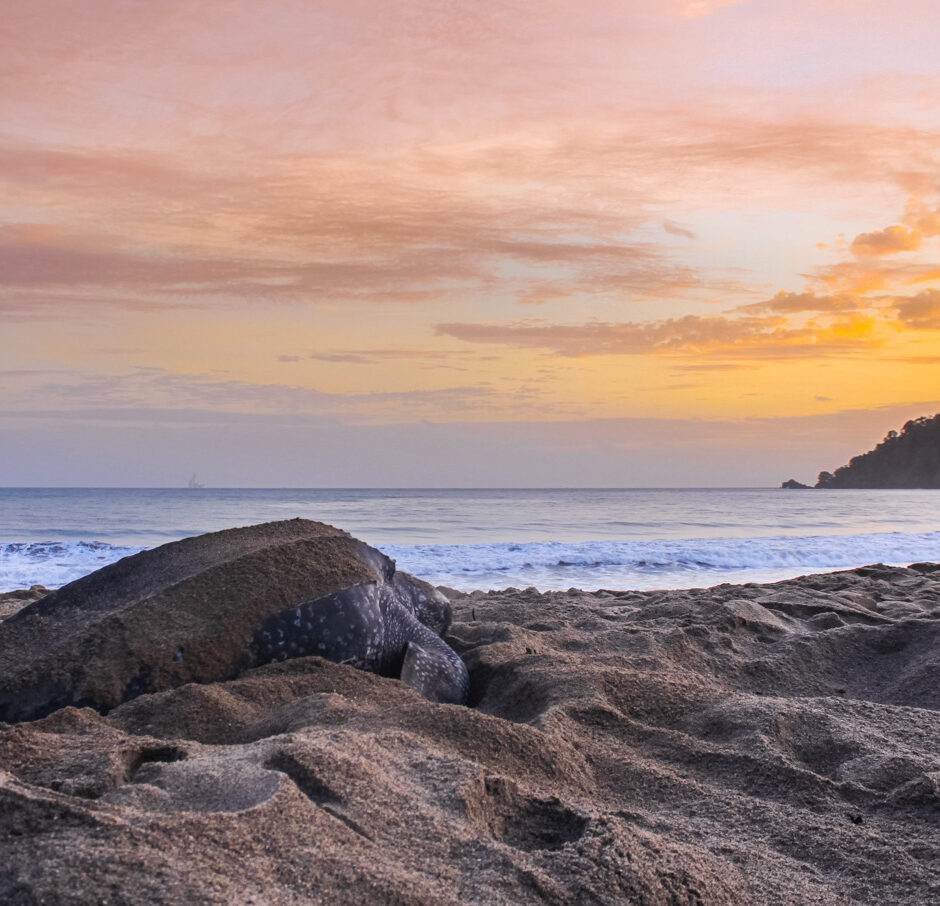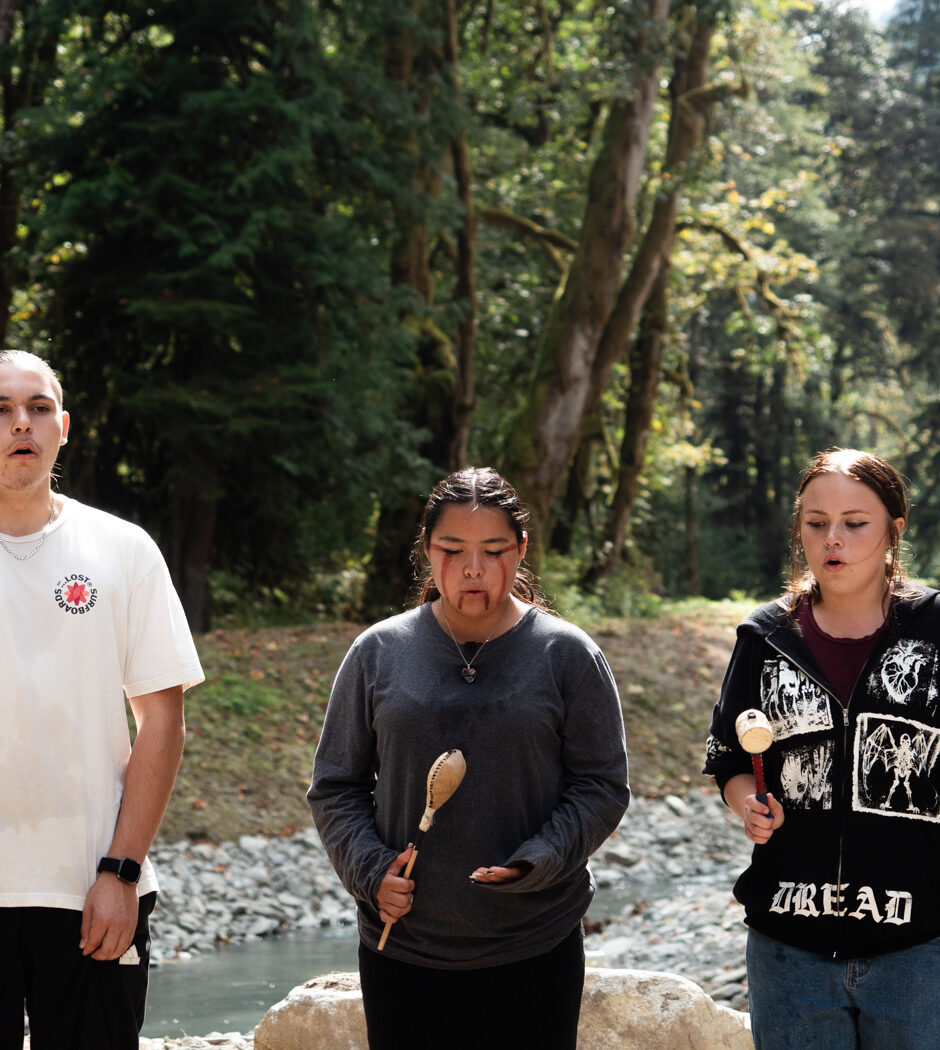Kalaweit
(Indonesia)
Region Asia
Kalaweit-Age of Union Dulan Forest Reserve
Indonesia's rainforests are home to some of the highest levels of biodiversity in the world. Many sources credit Indonesia as the most species rich country on earth. Spread over 18,000 islands, Indonesia contains the world's third largest area of rainforest after the Amazon and Africa's Congo Basin.
The Kalaweit-Age of Union Dulan Forest
The Kalaweit-Age of Union Dulan Forest spanning 6,000 acres acres fosters an extreme diversity making it an ideal environment for a plethora of species, including Bornean orangutans, white-bearded gibbons, langurs, Malaysian sun bears, clouded leopards, proboscis monkeys, pigtail and crab-eating macaques, sambar deer, muntjacs, and more.
The local village of Butong, home to the indigenous Dayak community, relies on the forest and its lake for survival, such as fishing or fruit gahering. This community is actively engaged in protecting the forest as well, implementing Kalaweit’s conservation model to expand the reserve further.
The forest is threatened by monocultures of palm oil plantations and mining extractions around the reserve, causing massive deforestation and threats to biodiversity. The Kalaweit-Age of Union Dulan Forest serves as a vital refuge for animals, particularly over a hundred orangutans escaping deforestation. In addition to the intrinsic value of securing the Dulan Forest’s endangered ecosystems and wildlife, protecting the reserve locks down critical carbon stocks in the global fight against climate change.
The conservation work was initiated in close partnership with local communities, landowners, and provincial and central governments to create protected areas for wildlife. Kalaweit ensures that local populations have access to the land to carry out traditional activities, with the belief that a healthy forest is a forest with thriving wildlife and where people live in harmony.
Partnership Impact
- 6,168 acres of critical habitat now under protection.
- Strong collaboration with two local villages, ensuring community-led conservation efforts.
- The Ministry of the Environment has committed to establishing official protected status for the Dulan Forest, securing its preservation in perpetuity.
- Ongoing protection of over 60 Bornean orangutans, safeguarding one of the world’s most endangered great ape populations.
Age of Union Sea Plane
The Age of Union seaplane, a G1 Spyl XL Amphibian SeaPlane, is a groundbreaking tool in conservation, bringing aerial monitoring and rapid response capabilities to the Kalaweit x Age of Union Reserve in Borneo. Designed in France in 2022 and arriving in Indonesia in 2023, this ultralight aircraft was custom-built to endure the demanding tropical climate and meet the specific needs of Chanee, the visionary behind the Kalaweit project. The plane allows for daily flights over the protected Dulan Forest, providing unparalleled oversight of the landscape, detecting threats in real time, and enhancing decision-making for habitat preservation.
With its ability to patrol vast areas, conduct land monitoring, and act as a deterrent against illegal activities, the Age of Union plane represents a new frontier in conservation strategy. Aerial surveillance boosts the efficiency of forest rangers, allowing them to quickly locate and respond to deforestation, encroachment, and poaching threats. Additionally, the plane facilitates aerial seeding efforts, helping restore degraded areas and strengthen Borneo’s fragile ecosystems.
Mission
Since partnering with Kalaweit in 2021, Age of Union has committed $1.5 million over four years to safeguard critical habitats and protect wildlife. The project focuses on proactive conservation through key strategies, including:
- Expanding the ranger program to patrol and protect newly secured areas
- Establishing water units to combat forest fires, particularly during El Niño years
- Deploying an ultralight seaplane for aerial monitoring and improved surveillance
- Supporting reforestation efforts through innovative aerial seeding techniques
- Collaborating with local communities to ensure long-term forest protection
Iconic Species: Bornean Orangutan
The decline of Bornean Orangutan populations is primarily attributed to habitat destruction, degradation, and fragmentation, with numbers decreasing by over 82% in the past 75 years. Recognized for their exceptional intelligence showcased through complex problem-solving, tool usage, and intricate social behaviours, Orangutans serve as a vital umbrella species endemic to the Indonesian Islands.
Understanding their critical role, conservation efforts aim to safeguard their habitats, particularly against threats like the palm oil industry, thereby indirectly protecting the broader ecosystem and ensuring the thriving of associated species within the region.
Timeline
- September 2021 – Protection of 250 acres, marking the first step of the partnership
- 2022 – 3,700 acres secured and actively protected; Kalaweit receives the ultralight Age of Union plane to conduct aerial patrols
- 2023 – An additional 1,300 acres added to the reserve by the Dayak community of Butong village
- April 2024 – Dax Dasilva visits the Kalaweit–Age of Union Dulan Forest for the first time
- Summer 2024 – Chanee and Dax Dasilva commit to protecting the reserve’s critical carbon stocks in the fight against climate change and expanding the protected area by 1,700 acres, in collaboration with the village of Buntok Baru
People ()
The
change
makers
Chanee
Founder
Borneo, Indonesia
Born and raised in France, Chanee moved to Indonesia when he was 17 years old and gained his Indonesian citizenship in 2012. Since he was 12, he has dedicated his life to helping gibbons, in zoos first, which eventually led him to act in Indonesia, where he created the biggest protection center for gibbons in the world. Chanee created Kalaweit in 1998, with the overall goal of saving gibbons and their habitat in Sumatra and Borneo.
Nanto
Field Manager
Borneo, Indonesia
Chanee’s right hand who has been working with Kalaweit for the past 20 years. Nanto is in charge of the activities of the health center of Pararawen (Borneo) where the manages a team of about 35 people.
Pak Rindin
Ranger Manager
Borneo, Indonesia
Manager of the Dulan project and ranger patrols, Pak Rindin is born in 1978 and from the village of Butong. He has worked for Dulan since the beginning of the project, in 2019. He is married and has two children.
More projects
Africa
Re:wild
(Madagascar)
South America
Juma Institute
(Brazil)
North America
Kenauk
(Canada)
Caribbean
Nature Seekers
(Trinidad)
North America


